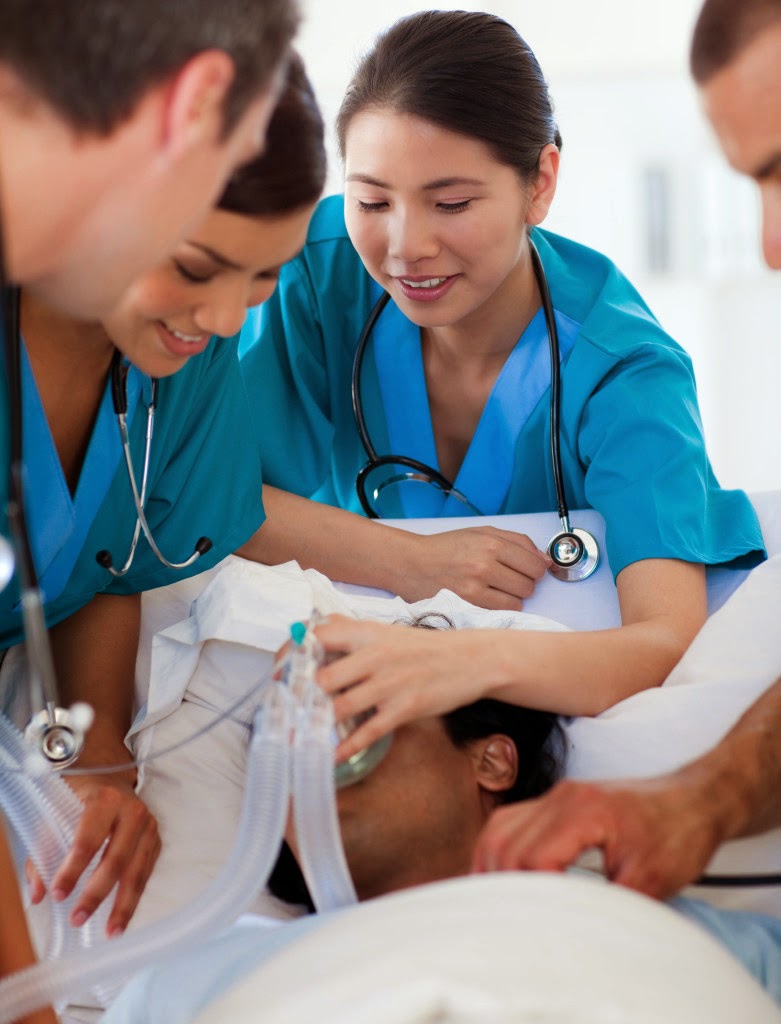Medical emergencies do not come with a prior notice. Whether
it is a youth or an elderly person, emergencies can occur at any time. However,
that does not mean, children or infants are out of this risk. Therefore, if you
have the interest of working in any of the healthcare facilities of Louisville,
it is important for you to get the necessary training to deal with the emergencies.
If you are someone, who is interested to work in the pediatric department of
any healthcare center, it is important for you to get PALS training recommended
by the American Heart Association. This course will give you complete
understanding of the techniques and tips that you need to follow to help a
child or an infant during an emergency.
Pediatric Advanced Life Support or PALS, is designed
specifically for children and guides on every condition that may cause medical
emergencies in the little ones. Though the course teaches different techniques
mentioned in the CPR course, it is not same as CPR, which is meant for common
people. This training is meant only for people working in the healthcare sector. Therefore, you need to pursue this course only if you are interested to
work in this field.
As the course is meant particularly for the candidates, who
are interested to work in the healthcare field, the training is a bit tough and
you would have to work hard to get the certification. You would have to follow
the guidance of the instructor carefully and would also have to read the zombie
notes by heart. You need to work out multiple practice tests so that you can
get complete understanding of the subject. Many candidates often get afraid to
enroll for the training because they consider the PALS class to be too
difficult to pass. Do not be among them. If you want to pass the course, you
need to study attentively and ensure that you do not make mistake while
mentioning about the diagnosis or medications for any ailment.
As the course is designed for people working in the
healthcare sector, the course introduces you to different types of drugs and
doses. You need to know about the use and operation of oxygen to stabilize the
condition of a patient. You also need to be familiar with different drug doses,
like procainamide, atropine, adenosine and epinephrine, as these are commonly
required by children. The knowledge of these drugs and doses is important as
you would have to apply it on patients, whenever required. You also need to note
about different diagnosis programs that are required for treating a child
during an emergency.
You need to be familiar with the common treatments and diagnosis so that you can help a child in stabilizing his condition even in the absence of the doctor. Some of the common problems to which you need to know the diagnosis are trauma, shock, cardiogenic, septic, croup, epiglottis and dehydration. If you read carefully and pass the test, you can surely become eligible for a bright future in this healthcare field.
